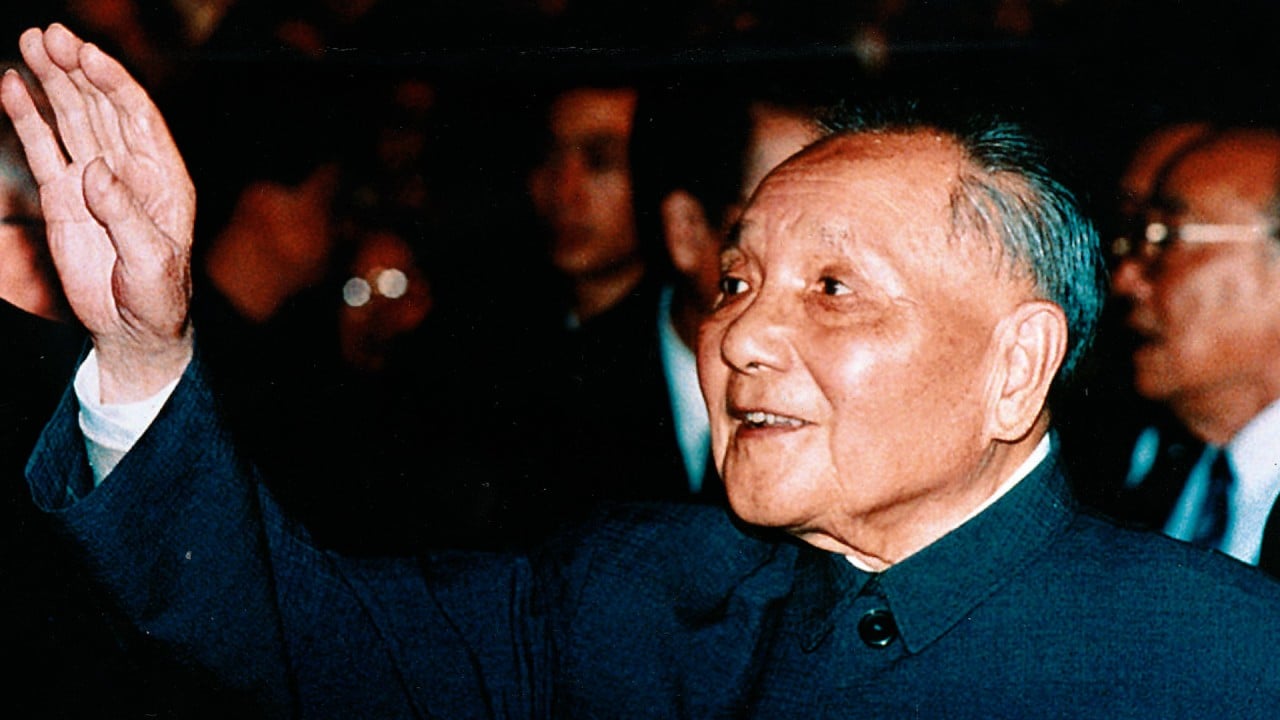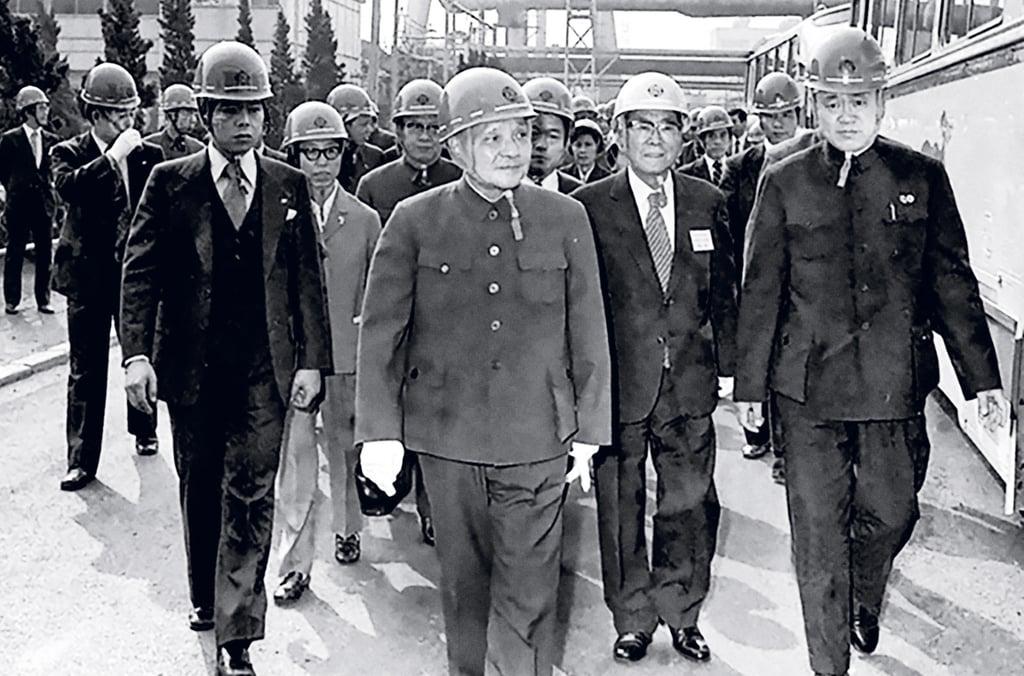How China and Japan’s brotherhood of steel, forged by Deng Xiaoping, ultimately corroded
- A decades-long joint venture between Japanese and Chinese steelmakers has ended, symbolising how much the two countries’ roles have changed

03:10
Why Deng Xiaoping is one of China’s most consequential leaders
Even to the casual observer, the streets of China look very different compared to a few short years ago.
This is perhaps nowhere more evident than in the status of Japanese models; though they commanded a third of the market at their peak, they now account for fewer than two of every 10 vehicles currently in use.
Symbolic of this seismic shift, the Japanese metals giant Nippon Steel – citing those dwindling sales figures – has announced the end of its 20-year joint venture with Baosteel, the Shanghai-based state steelmaker.
At the venture’s start, China’s steelmakers received substantial technical assistance. Decades later, the country has grown into the world’s largest steel producer; once reliant on foreign technology and expertise to develop its indigenous industries, it is now charting its own path and expanding overseas.

